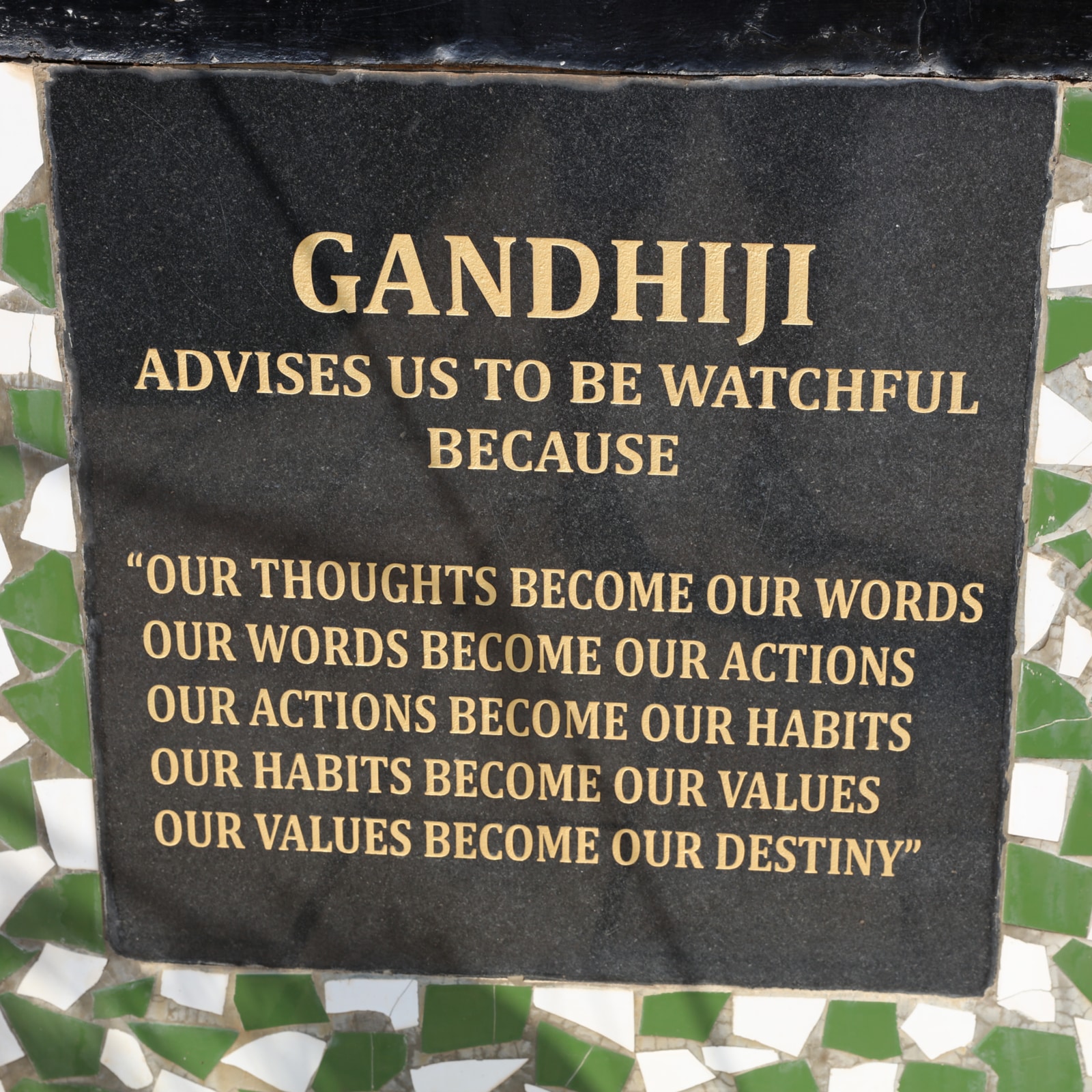GANDHI JAYANTI 2022: In honour of Mahatma Gandhi, the man who pioneered the philosophy of non-violence, the United Nations observed his birth anniversary, October 2, as International Day of Non-Violence. Because it was through his impact, that the world now associates “non-violence” synonyms with Mahatma Gandhi.
The day is observed to spread the message of non-violence through public awareness and education. It is commemorated with the hope of building a culture of peace, tolerance, understanding and non-violence. Here is everything you need to know about this day:

International Day of Non-Violence 2022: Theme
The UN does not designate a yearly theme for International Day of Non-Violence. “Say No to Violence” is the essence of this day. However, the theme of International Day of Peace 2022 closely resonated with the idea of this day. The theme was, “End racism. Build Peace.” The day was observed, “to strengthen the ideals of peace, by observing 24 hours of non-violence and cease-fire.”
ALSO READ: Gandhi Jayanti 2022: Date, History, Significance and Celebrations
International Day of Non-Violence: History
The leader of the Indian Independence Movement, Mohandas Karamchand Gandhi, served as an inspiration for social change and civil rights across the world. On June 15th, 2007, the United Nations General Assembly passed a resolution to designate October 2 as International Day of Non-Violence.
According to the UN website, “the resolution reaffirms ‘the universal relevance of the principle of non-violence and the desire ‘to secure a culture of peace, tolerance, understanding and non-violence”.
International Day of Non-Violence: Significance
The day brings awareness towards the many forms of non-violence the world needs now. It has since long evolved as simply being a pacifist. According to Professor Gene Sharp, a leading scholar on non-violent resistance, there are 3 main categories of non-violence action. These are: “protest and persuasion, including marches and vigils, non-cooperation, and non-violent intervention, such as blockades and occupations.”
Besides, with the growing conflicts around the world, bringing the principles of non-violence to the forefront are of paramount importance. It is a day to make it known that social change can happen in peaceful ways.
Read all the Latest Lifestyle News and Breaking News here






